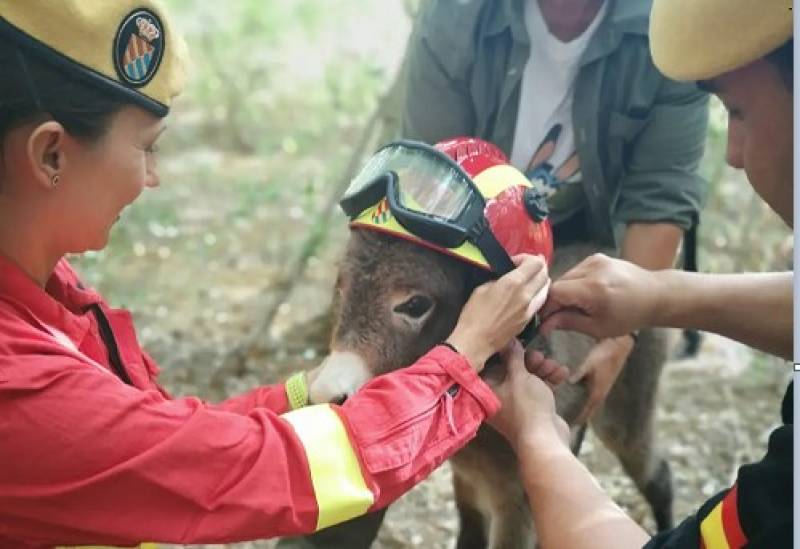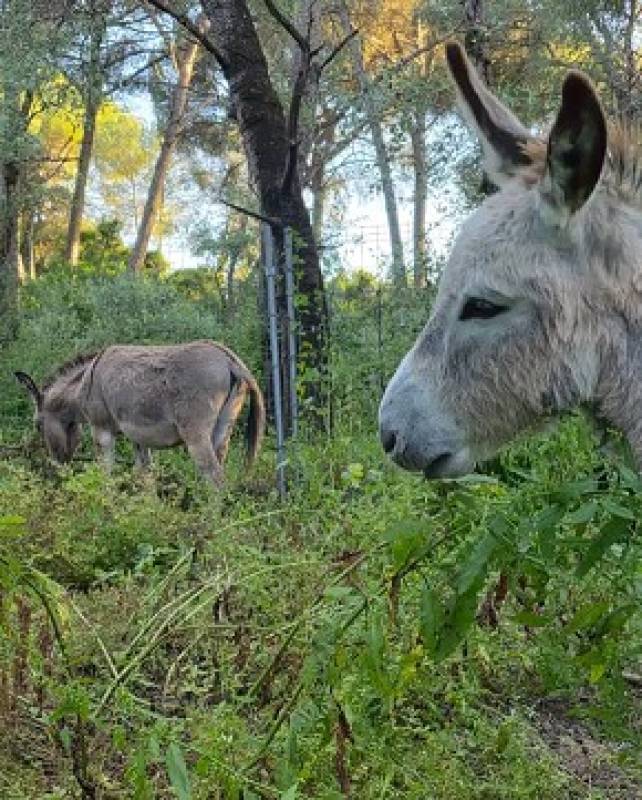

Guidelines for submitting articles to San Javier Today
Hello, and thank you for choosing sanjavier.today to publicise your organisation’s info or event.
San Javier Today is a website set up by Murcia Today specifically for residents of the urbanisation in Southwest Murcia, providing news and information on what’s happening in the local area, which is the largest English-speaking expat area in the Region of Murcia.
When submitting text to be included on San Javier Today, please abide by the following guidelines so we can upload your article as swiftly as possible:
Send an email to editor@spaintodayonline.com or contact@murciatoday.com
Attach the information in a Word Document or Google Doc
Include all relevant points, including:
Who is the organisation running the event?
Where is it happening?
When?
How much does it cost?
Is it necessary to book beforehand, or can people just show up on the day?
…but try not to exceed 300 words
Also attach a photo to illustrate your article, no more than 100kb

Meet the donkeys saving Spain's forests
In the worst wildfire season of the summer, these grazing heroes are proving an unlikely but vital defence
 As Spain faces its most devastating wildfire season, with more than 25,000 hectares burned in August alone and thousands forced from their homes, an unusual yet effective firefighting team is quietly making a difference. In regions including Ourense, León, Zamora, Cáceres, Tarifa in Andalucía, and Tres Cantos near Madrid, donkeys are being used as a sustainable, natural weapon against the relentless spread of flames.
As Spain faces its most devastating wildfire season, with more than 25,000 hectares burned in August alone and thousands forced from their homes, an unusual yet effective firefighting team is quietly making a difference. In regions including Ourense, León, Zamora, Cáceres, Tarifa in Andalucía, and Tres Cantos near Madrid, donkeys are being used as a sustainable, natural weapon against the relentless spread of flames. Donkeys offer advantages over other grazing animals too. Their ability to traverse rough terrain without injury, longer endurance without water, and lighter environmental footprint due to less soil compaction set them apart. Laura Pérez, president of the Tea Shelter, adds that donkeys tend to be calmer and more resilient than goats or larger livestock. Their selective eating habits: branches, nettles, brambles, and a range of shrubs, make them uniquely suited to clearing fire-prone vegetation while requiring attentive supervision to prevent overgrazing.
Donkeys offer advantages over other grazing animals too. Their ability to traverse rough terrain without injury, longer endurance without water, and lighter environmental footprint due to less soil compaction set them apart. Laura Pérez, president of the Tea Shelter, adds that donkeys tend to be calmer and more resilient than goats or larger livestock. Their selective eating habits: branches, nettles, brambles, and a range of shrubs, make them uniquely suited to clearing fire-prone vegetation while requiring attentive supervision to prevent overgrazing.You might also be interested in: Latest news on the fires in Spain today








